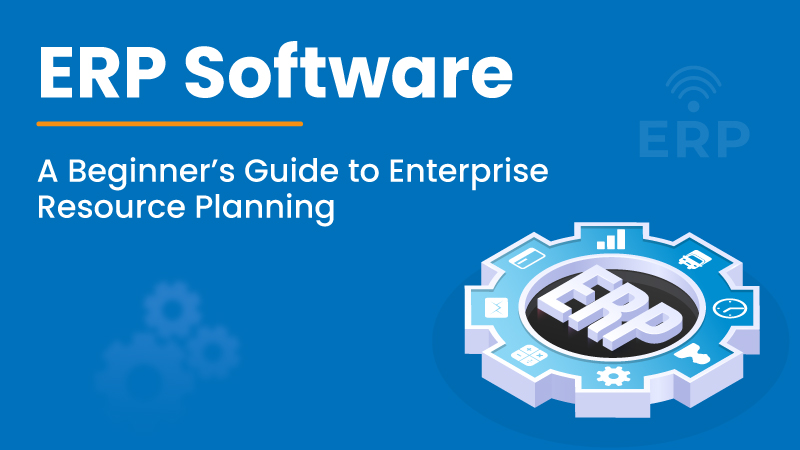All You Need to Know About Tax Saving Fixed Deposits

Tax-saving fixed deposits are one of the safest tax-saving instruments where you can invest and save a significant amount of tax. Under section 80C of the Income Tax Act, investors can get a tax deductionof up to Rs 1.5 lakh by investing in various tax-saving fixed deposit schemes. The amount that is invested in FDs in a financial year is deducted from your total taxable income. Therefore, investment in tax-saving FD accounts doesn’t only help you save on tax, but also benefits you with interest on the deposited amount. Here is everything you need to know about tax-saving fixed deposits.
What Is Tax-Saving FDs?
Tax-saving fixed deposits are specifically designed to help investors save on tax. Such deposits also help investors have a reserve amount, avail of interest on that, and readily use in the event of a medical emergency, marriage, children’s higher education, retirement, and other crucial events.
Technically, the term tax-saving fixed deposit (FD) is referred to investment in FDs which are allowed as deductionunder Section 80C of the Income Tax Act, 1961. Under this, any taxpayers can claim a deduction of a maximum of Rs.1.5 lakh per annum by investing in tax-savingfixed deposits. However, interest earned on fixed deposits is taxable.
Who Can Invest in Tax-Saving Fixed Deposits?
Under Section 80C of the Income Tax Act, 1961, any Individuals and Hindu Undivided Family (HUF) can invest in tax-saving fixed deposits and get a tax deduction of up to 1.5 lakhs in an` FY on their invested amount. One can open a tax-saving FD account either with their existing savings account or apply for an FD account in another bank. However, if you apply to another bank, that bank must allow opening an FD account without a saving account.
Which Documents Are Required to Open Fixed Deposits?
To open a new savings account and KYC verification for tax-saving fixed deposits, various documents are required, which include ID proof (PAN), proof of address (passport, driving license, etc.), and a passport size photo.
What is the Maximum/Minimum Amount You Can Invest in Tax-saving FDs?
The minimum amount to invest in fixed deposits can vary from banks to banks,although there is no limit on depositing the maximum amount. The maximum deduction which a person can claim under section 80C is only upto Rs. 150000.
Who can be the Nominee in FDs?
Only one person can be appointed as the nominee for your tax-saving fixed deposits. They can be your parent, spouse, or child. If you don’t appoint a nominee at the time of investment, you can appoint one at a later date.
What is Tax-Saving FD Duration?
The investment in FDs duration varies from 7 days to 10 years. Most of the tax-saving fixed deposits come with a term of five years. Premature withdrawal is not permissible in this. The lock-in period for these deposits is 5 years.
How does holding work in FDs?
Fixed deposits can be single or joint holding. In the case of joint holding, the deduction in income tax goes to the first holder.
Is the interest amount on FDs tax-free?
Under section 80C, there is a tax deduction on investment in FDs up to Rs 1.5 lakh. However, interest earned on fixed deposits is taxable as per investors’ tax bracket, and therefore TDS is deducted on the interest part. Interest on these deposits is payable on a monthly/quarterly basis which can be reinvested.
What Is Interest Rate Offered For Tax-Saving FDs?
The interest rates offered on tax-saving fixed deposits vary from bank to bank. For example, the interest rate offered by DCB bank on tax-saving FDs is 6.75% in general and 7.25% for senior citizens. Similarly, other banks offer interest rates on tax-saving FDs ranging from 5.30% to 7.25%.
Top Best Tax-Saving Bank Fixed Deposit Rates for 2021
|
Banks |
Tax-saving FD rates (In general) |
Tax-saving FD rates (for senior citizens) |
|
Yes Bank |
6.75% |
7.50% |
|
Induslnd Bank |
6.75% |
7.25% |
|
DCB Bank |
6.75% |
7.25% |
|
RBL Bank |
6.60% |
7.10% |
|
IDFC First Bank |
5.75% |
6.25% |
|
State Bank of India |
5.40% |
6.20%
|
|
HDFC Bank |
5.30% |
5.80% |
|
IDBI Bank |
5.10% |
5.60% |
Benefits of Tax-Saving Fixed Deposits
The tax-saving fixed deposit scheme is not only a tax-saving option but also it is a great financial tool to ensure great savings with a good interest rate. As it is a bank-based investment that is closely monitored by the RBI, it is considered the safest and low-risk investment. The money deposited in fixed deposits can be easily redeemable with interest upon maturity. Some other benefits of FDs are:
- FDs have a higher interest rate than normal savings accounts.
- There is only a one-time sum deposit in FDs
- There is the flexibility in FD amount based on the investor’s convenience.
- Investors can invest in these FDs through any public or private sector banks except the co-operative and rural banks.
- Post office fixed deposits are transferrable from one post office to another.
- Nominee can be appointed at the time of investment or at a later date.
- Loan against tax-saving FDs can be availed at the lower interest rate
Note that, premature withdrawal may not be available in the tax-saving fixed deposits. In case of premature withdrawal, depositors may have to pay a penalty.

Try HostBooks
SuperApp Today
Create a free account to get access and start
creating something amazing right now!
















